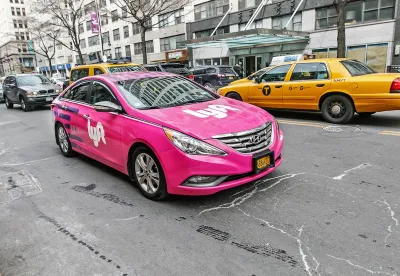In 2019, the Nevada Supreme Court updated all of its Rules of Civil Procedure, including Rule 35, which governs requests to mentally or physically examine a claimant. The local plaintiffs’ bar was unhappy with the changes to Rule 35 and lobbied the Legislature to abrogate the rule by enacting Nevada Revised Statute (NRS) 52.380, which contains the plaintiffs’ bar’s favored language. The conflicting statute and rule created a mess in local courts as different judges applied different standards.
The Nevada Supreme Court ruled in Lyft, Inc. v. Dist. Ct., 137 Nev. Adv. Op. 86 (Nev. 2021), that NRS 52.380 is unconstitutional as a violation of the separation of powers. In Lyft, the defense requested a Rule 35 examination; the plaintiff insisted that the examination be governed by NRS 52.380 and the district court agreed. The Court allowed the plaintiff “to have his attorney present to observe and make an audio recording of each exam.” The Supreme Court reviewed NRS 52.380, concluded it plainly conflicted with Rule 35, and the multiple conflicts between the two could not be reconciled or harmonized. The Court concluded, “NRS 52.380 is unconstitutional because it attempts to abrogate an existing rule of procedure that this court prescribed under its inherent authority to regulate the judicial process.”



 />i
/>i
